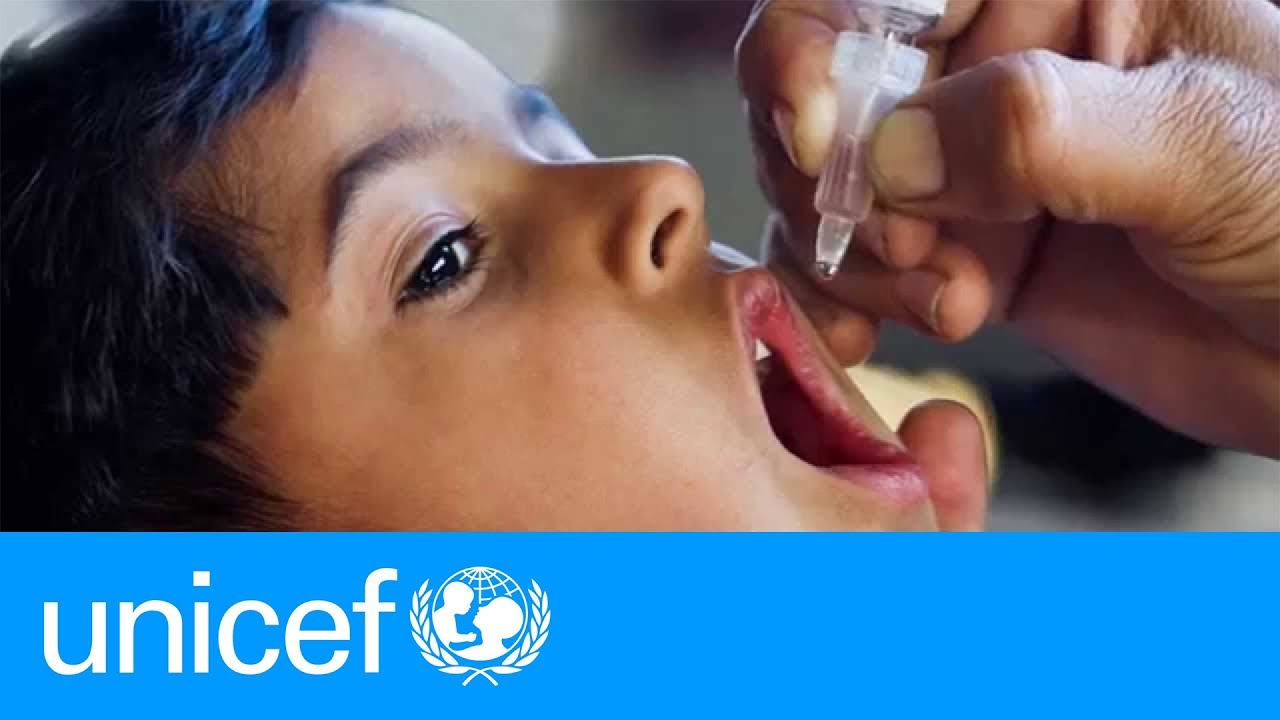United Nations International Children’s Emergency Fund (UNICEF) and Nigerian Guild of Editors (NGE) have pledged to intensify efforts to combat growing malnutrition and polio in Nigeria. At a meeting in Lagos, the collaboration was reinforced by Diamond Award for Media Excellence (DAME), as the three organisations vowed to leverage their expertise and influence to protect children. UNICEF’s Nutrition Manager, Prosper Dakurah, noted the need for states to provide counterpart funding to access Child Nutrition Fund (CNF). This fund is crucial in the fight against malnutrition, which threatens approximately nine million children under five years in Nigeria. “Without urgent action in 2024, UNICEF estimates approximately nine million children under five years will suffer from moderate and acute malnutrition,” Dakurah warned. CNF is a financing mechanism to support sustainable policies, programmes and supplies to end child wasting. It is tailored to assist government-led efforts in countries with highest rates of child malnutrition. Dakurah noted while some states: Katsina, Jigawa and Plateau have committed funding: Adamawa, Ebonyi and Gombe are yet to do so. He urged these states to expedite their contributions, emphasising UNICEF would match any state’s counterpart fund. “You pay one dollar, you get additional dollar from CNF,” he said.
“Every dollar spent on nutrition will generate 16 dollars in economic returns,” Dakurah noted, underscoring the financial and social benefits of investing in child nutrition. He detailed the cost-effectiveness of preventative measures, noting it costs approximately N10,860 ($15) to prevent a child from becoming malnourished, compared to N99,636 ($140) to treat a malnourished child. The stakes are high, as untreated severe acute malnutrition increases a child’s risk of death.
In addition to malnutrition, Nigeria is facing a resurgence of polio, a disease it was declared free of in 2020. Dorothy Ochola-Odongo, UNICEF’s Health manager, expressed concern about the re-emergence of the vaccine-derived poliovirus (cVDPV). This variant arises when the weakened poliovirus in oral vaccines mutates and regains its virulence. “To prevent cVDPV, it is crucial to maintain high vaccination coverage and ensure everyone, especially in areas with low vaccination rates, receives a full course of polio vaccines,” Ochola-Odongo stressed.
UNICEF’s Country Representative in Nigeria, Cristian Munduate, painted a stark picture of the challenges. “In Nigeria, 72 million people lack access to safe drinking water, 64 million are multi-dimensionally poor, 28 million children lack birth registration, nine million suffer from acute malnutrition, 7.7 million are impacted by conflicts in Northeast, three million internally displaced, and 2.3 million have zero-dose children,” she noted. These statistics highlight the need for comprehensive interventions, she stressed.
Munduate expressed frustration at the resistance to immunisation, attributing it to cultural and social barriers. Many parents refuse immunisation for their children due to misconceptions, lack of permission from husbands, or suspicion because the service is free. She called for effort by the government, traditional rulers and the media to expand sensitisation and enlightenment campaigns to change these behaviours.
President of NGE, Eze Anaba, noted the enormity of UNICEF’s task in Nigeria. He said poverty, an underlying factor, exacerbates spread of diseases and hinders healthcare access. Anaba highlighted the dire situation in various regions, including South East, where conflicts further complicate health interventions. “Even in Lagos, perceived as a rich state, there are poor people not captured by UNICEF lens.”
The collaboration of UNICEF, DAME and NGE aims to leverage their influence to address the challenges facing Nigerian children. Speaking at the parley in Lagos, DAME’s Founder and Trustee, Lanre Idowu, noted the long-standing collaboration among these organisations, underscoring the need for increased engagement and best practices. Since 2005, UNICEF, DAME and NGE have worked to promote children’s interests, and seek to build on this foundation. In an emotional speech, Idowu urged editors to dedicate more space and airtime to issues affecting Nigerian children.
According to him, the meeting in Lagos reaffirmed their dedication to upholding Nigerian children’s rights to survival, education, protection and development. Idowu discussed the Memorandum of Understanding (MOU), reminding participants of the commonality of interests and necessity of implementing best practices in their spheres of influence. This is a testament to their dedication to ensuring needs of children are prioritised in media coverage and public discourse.
Ochola-Odongo reiterated the focus areas of the collaboration: polio eradication, resolving nutritional crisis, and protecting children’s rights. She said resurgence of polio, with 225 cases in 67 local governments in 15 states in 2023. This year, 44 cases have been reported in 30 local governments in 10 states. Ochola-Odongo attributed this to banditry and lack of access to healthcare, among others.
Dakurah, speaking on impact of malnutrition, said 31.8 million people in 25 states and Federal Capital Territory (FCT) suffer from food insecurity. He noted food inflation had soared from 24.8 per cent in 2023 to 40.5 per cent in 2024. The situation is exacerbated by low rates of exclusive breastfeeding, with only 30 per cent of nursing mothers adhering to the recommended six months. He attributed this to constraints faced by career women, who only receive three months of maternity leave.
Dakurah called for an extension of maternity leave to six months to support breastfeeding and improve child nutrition. He also urged governments to intensify efforts to combat hunger by increasing budget allocations to boost food production and supply. Addressing the nutritional crisis requires a multi-faceted approach, including policy changes, increased funding, and community engagement.








